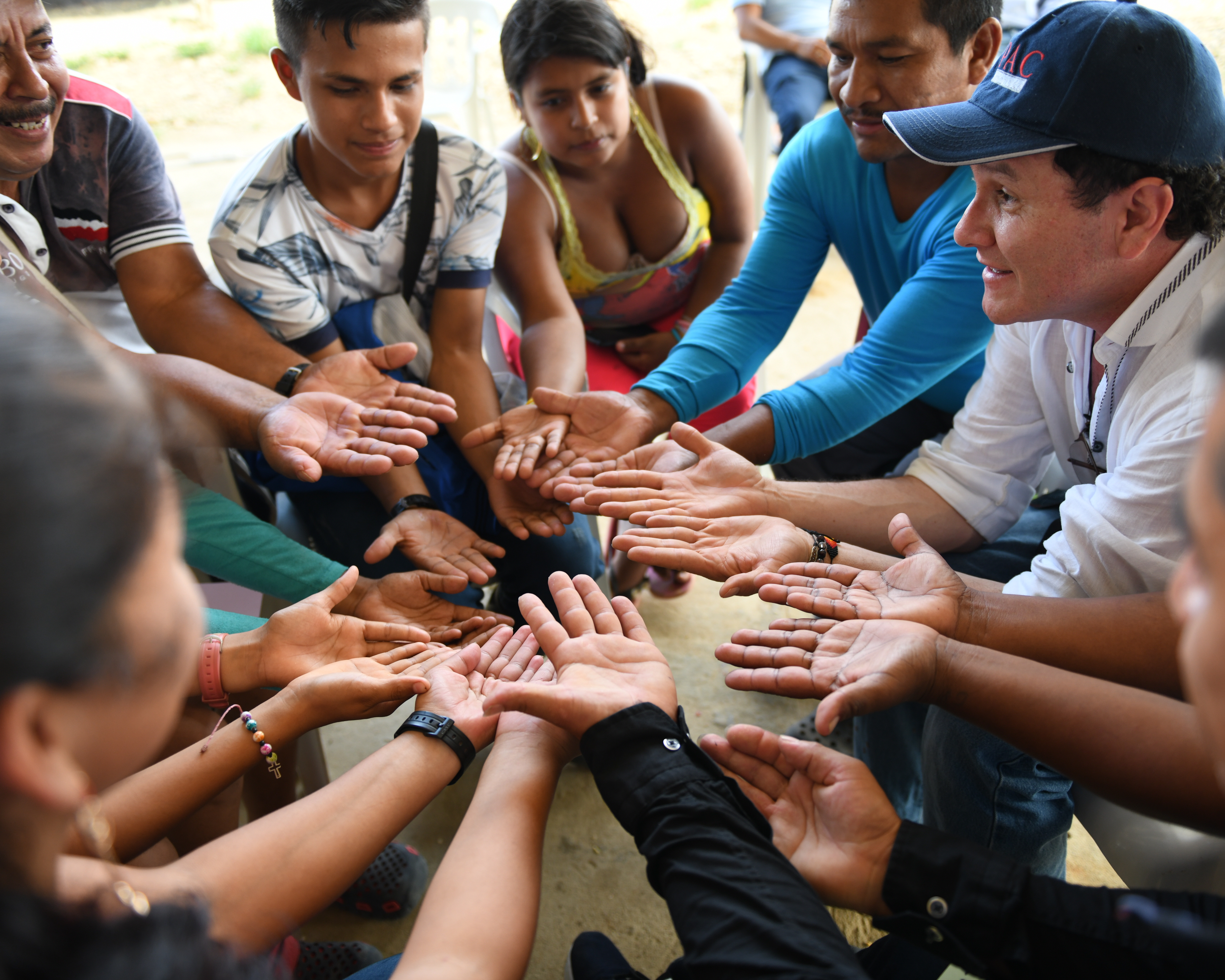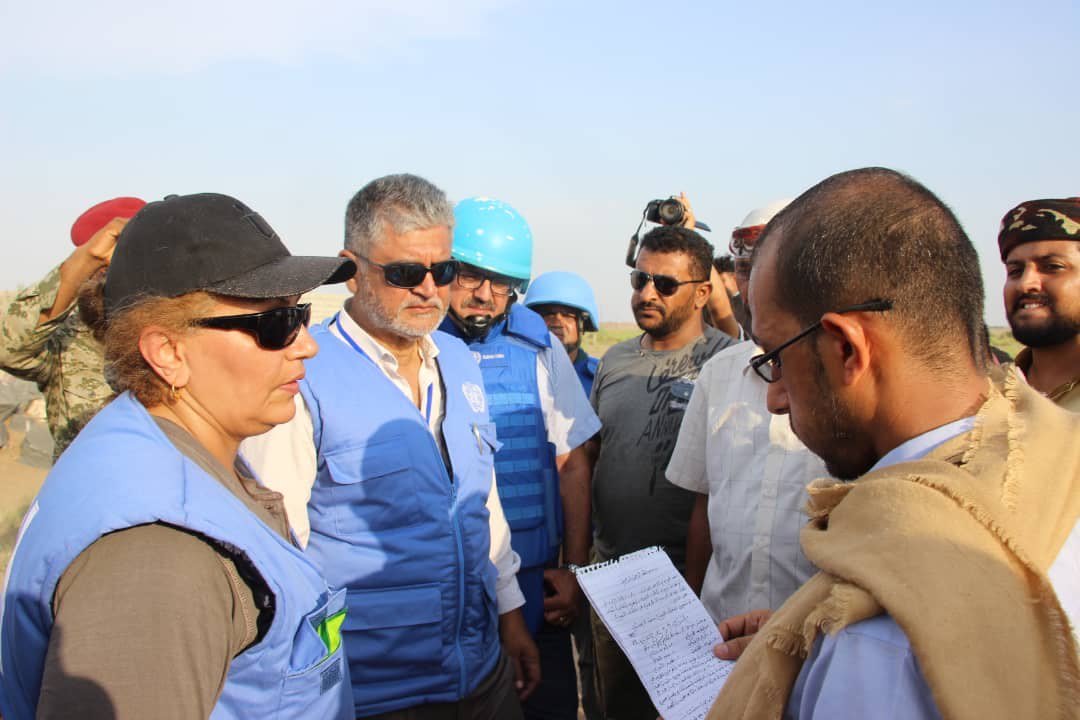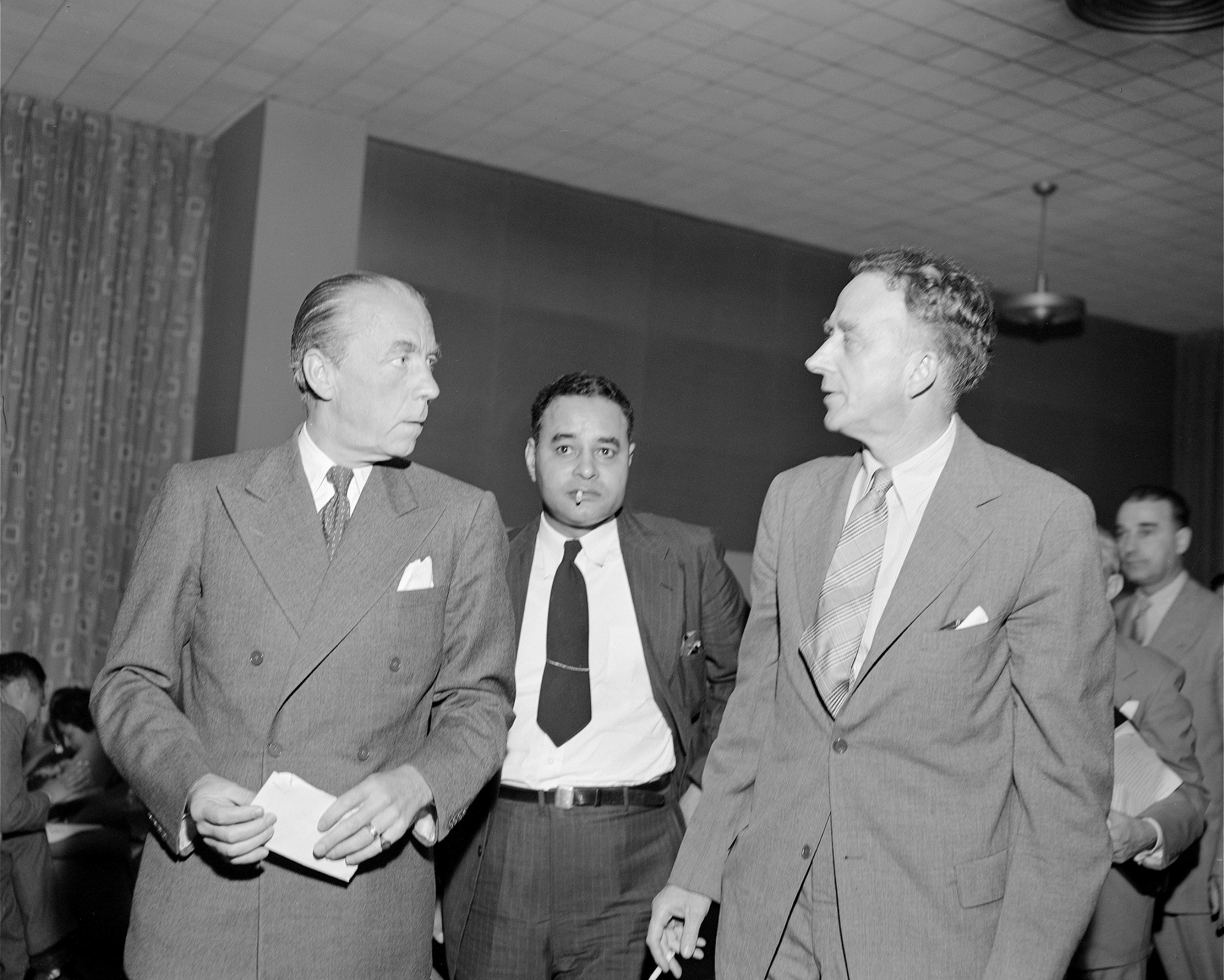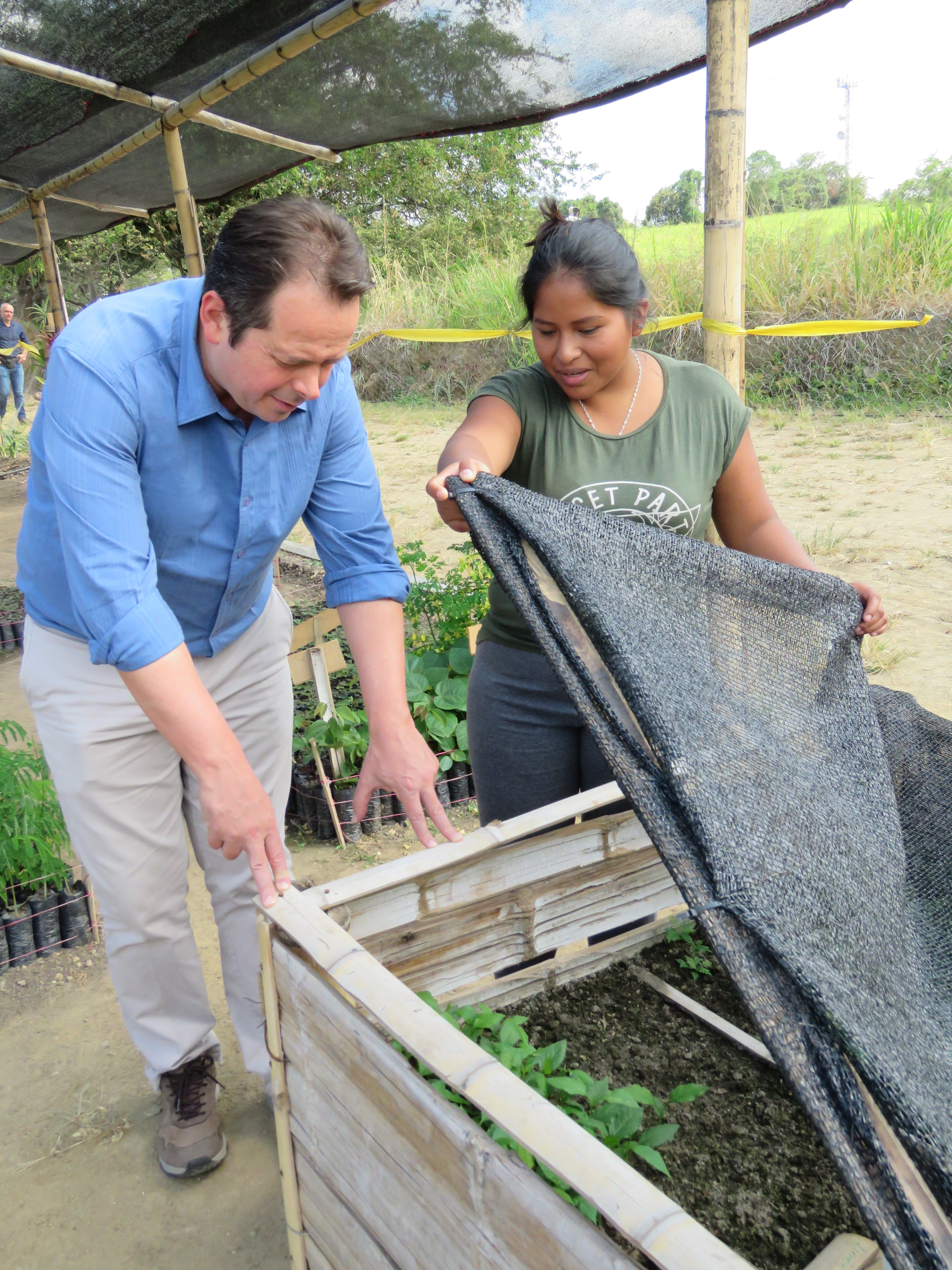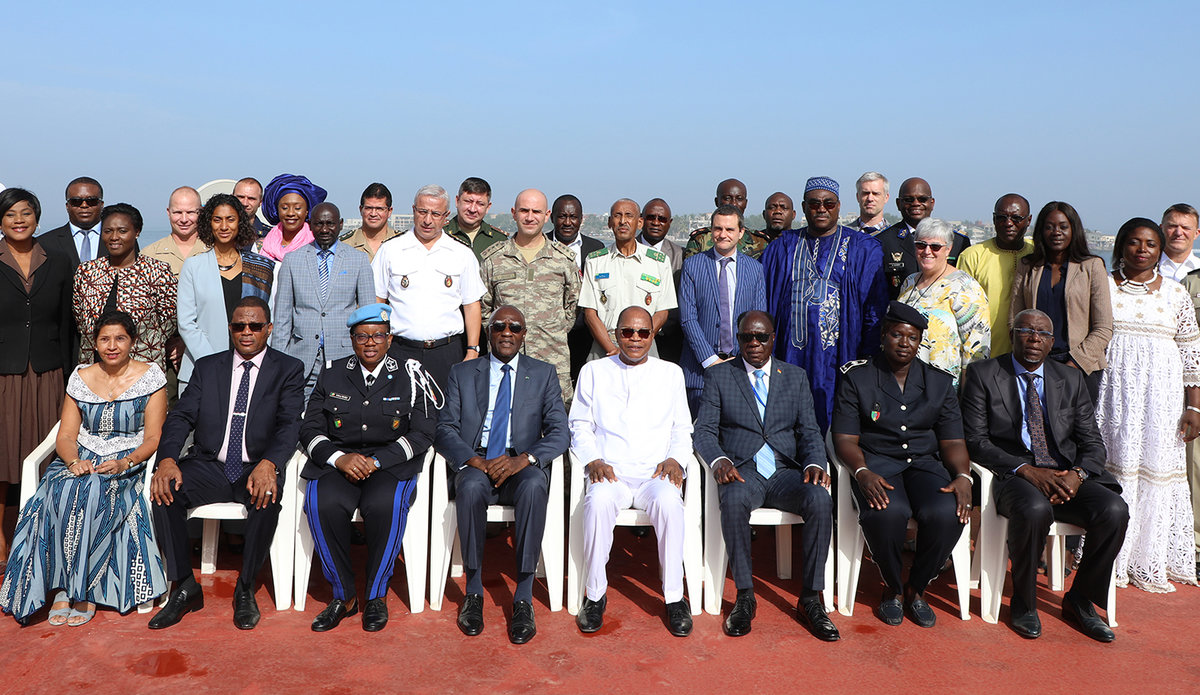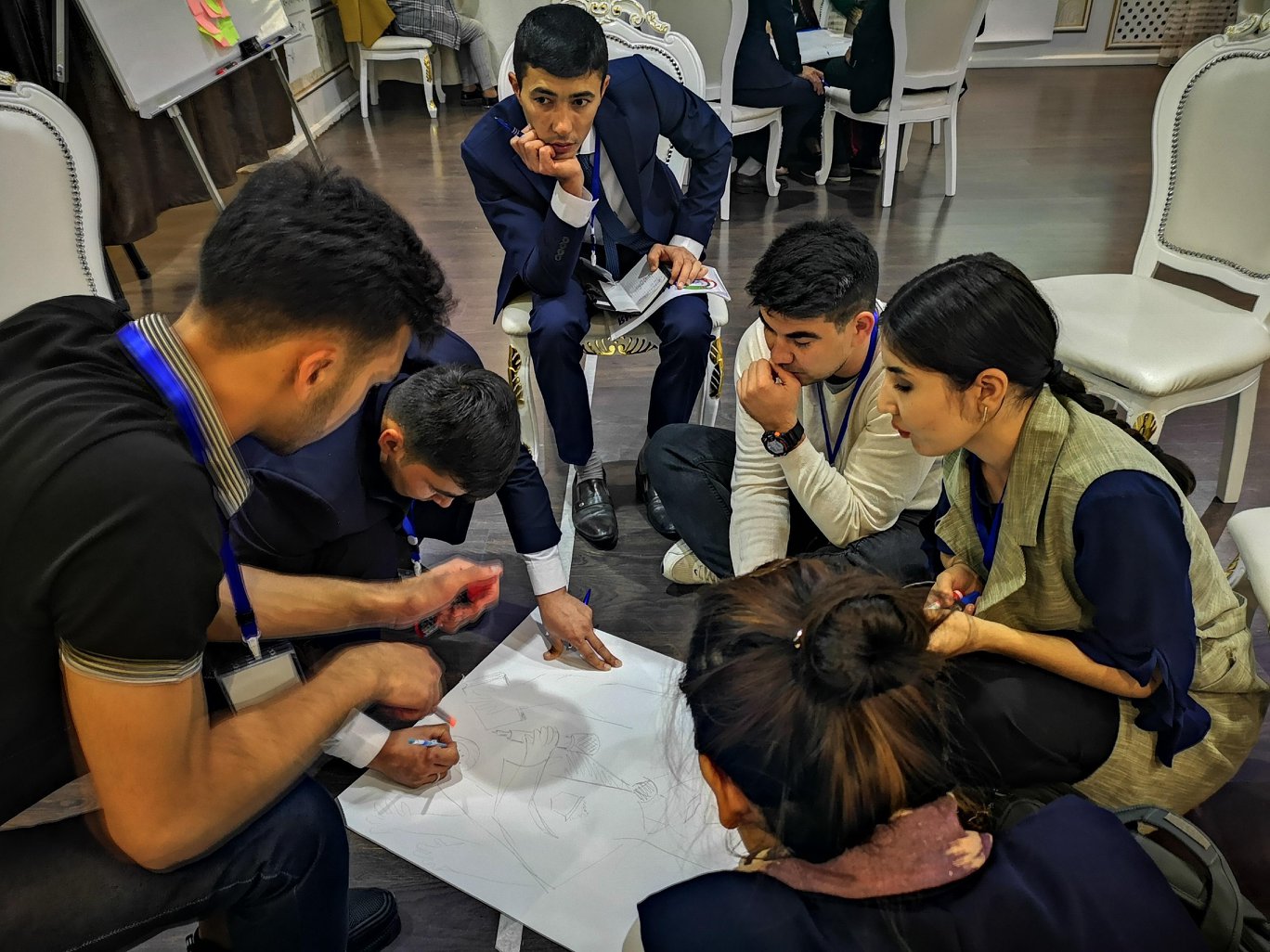On 8 November, Under-Secretary-General Rosemary DiCarlo presented the Secretary-General’s latest report on special political missions (SPMs) to the General Assembly’s Fourth Committee, which deals with political questions. She focused her presentation on the role of SPMs in maintaining regional partnerships; advancing the women, peace and security agenda, and promoting youth engagement in peace processes. She also listed some of the major developments and progress in conflict prevention and sustaining peace involving SPMs. The discussion in the committee was timely, coming in the wake of potentially groundbreaking events in the Syria and Yemen peace processes. We looked at the contributions made over the past year by some of our SPMs and other key issues in the report. But first, we try to define this central part of the UN’s peace and security work.
What’s an SPM?
This simple question requires a complex answer. Political missions have been around practically for as long as the UN has existed: Count Folke Bernadotte’s efforts as United Nations Mediator in Palestine count as one. Yet for most of their history SPMs have not been as easy to recognize as the world body’s peacekeeping operations or humanitarian work, for obvious reasons. What’s more, SPMs can be many different things. They vary considerably in their mandates, scope, structure and approaches. Very broadly speaking, they are civilian operations that engage with governments, warring parties, civil society and, increasingly, regional organizations, to prevent or stop conflict, or to anchor peace after violent confrontation. (To complicate matters, the term SPM is also used for bodies such as the sanctions panels of the Security Council. But that’s a whole other article …).
SPMs range from the Office of the Special Envoy for Syria, to the UN Verification Mission in Colombia to the UN regional political offices in West Africa and Central Asia.
Latest Report on SPMs
This is the seventh report of the Secretary-General to the General Assembly on “overall policy matters pertaining to special political missions”. It covers the period from August 2018 to July 2019. The report describes efforts towards improving expertise and effectiveness, transparency, accountability, geographical representation, the gender perspective and the equal participation of women, as well as youth participation. It also provides some information on the implementation of the UN reforms in relation to special political missions.

Highlights in 2018-2019
In Syria, the efforts of the Secretary-General and his Special Envoy resulted in an agreement in late September between the Syrian parties for a credible, balanced and inclusive Syrian-owned and Syrian-led Constitutional Committee.
This was the first political agreement between the Government of Syria and the opposition. The Constitutional Committee was formally launched on 30 October and its Large Body of 150 members met on 31 October and 1 November. This week saw the first working sessions of the Constitutional Committee’s Small Body, consisting of 45 members.
The Special Envoy for Yemen continues his engagement with all parties and stakeholders in the region. This includes providing support to the parties in implementing the Stockholm Agreement. Despite ongoing challenges and the fragility of the situation, the United Nations Mission to support the Hudaydah Agreement has made encouraging progress with the Yemeni parties, particularly with the activation of the de-escalation and ceasefire monitoring mechanism.
In Myanmar, the Special Envoy of the Secretary-General has been working closely with the authorities to help resolve the Rohingya crisis. This engagement focuses specifically on addressing the humanitarian crisis, promoting the safe, dignified, voluntary and sustainable return of Rohingya refugees and forcibly displaced persons, and ensuring accountability for human rights violations.
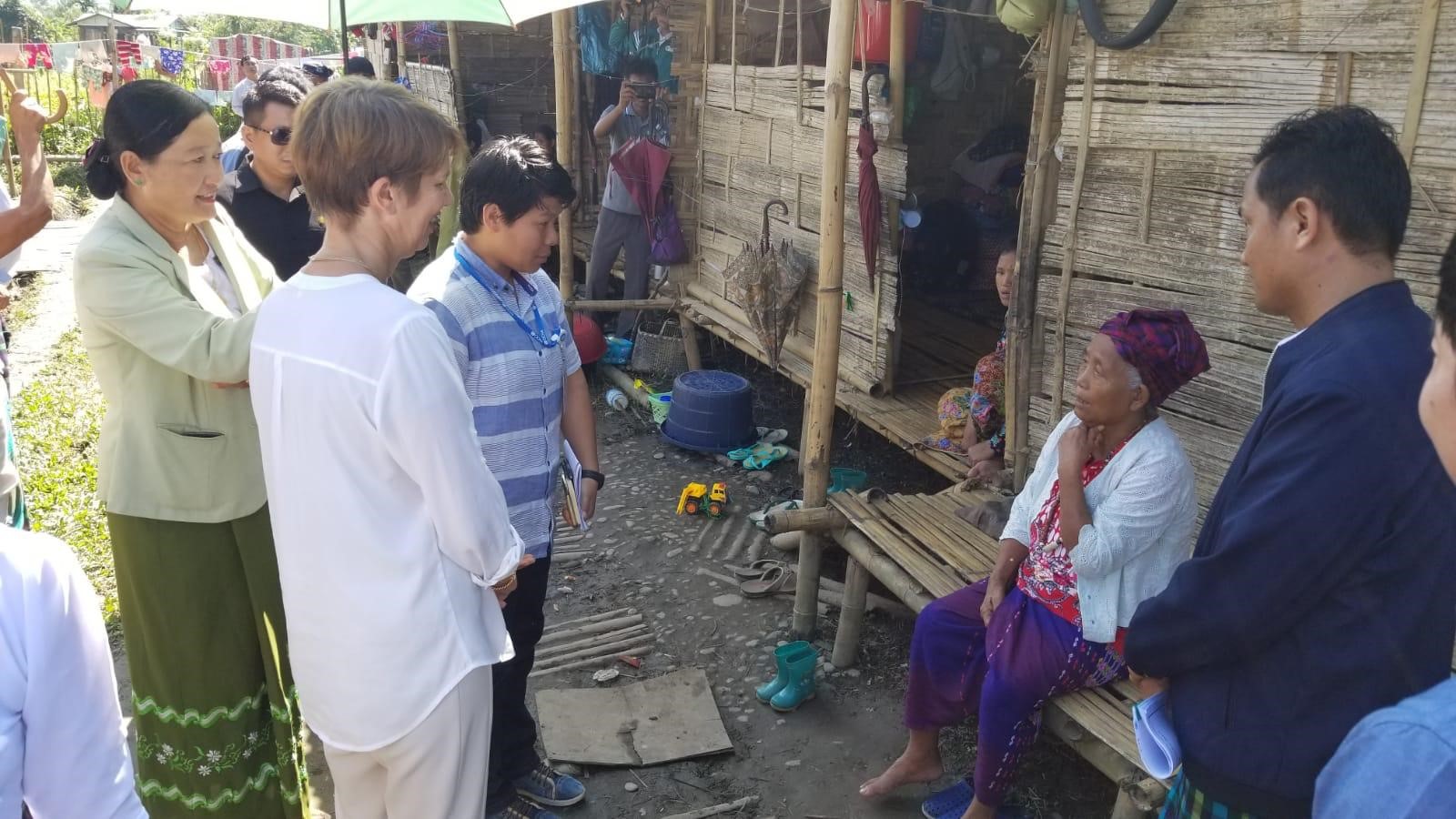
In February, the Secretary-General’s Special Representative and head of the United Nations Office for West Africa and the Sahel (UNOWAS) led an inter-agency Sustaining Peace review mission to Burkina Faso. The aim was to assess the repositioning and organization of the UN Country Team to address an increasingly difficult situation in the country. All UN entities – including the UN Peacebuilding Fund and the Peacebuilding Commission — are now reinforcing their engagement and investment in Burkina Faso to bolster national efforts to address the drivers of instability and sustain gains made in peace and development.
Regional partnerships
In Guinea-Bissau, the United Nations Integrated Peacebuilding Office in Guinea-Bissau (UNIOGBIS) and UNOWAS cooperate and coordinate with other members of the Group of five international partners, the African Union, the Economic Community of West African States, the European Union and the Community of Portuguese-speaking Countries, to ease political tensions and advance the electoral process.
In Nigeria, Senegal and Mauritania, ahead of presidential elections this year, UNOWAS engaged with national stakeholders, alongside our regional and international partners, to encourage democratic consolidation in the region.
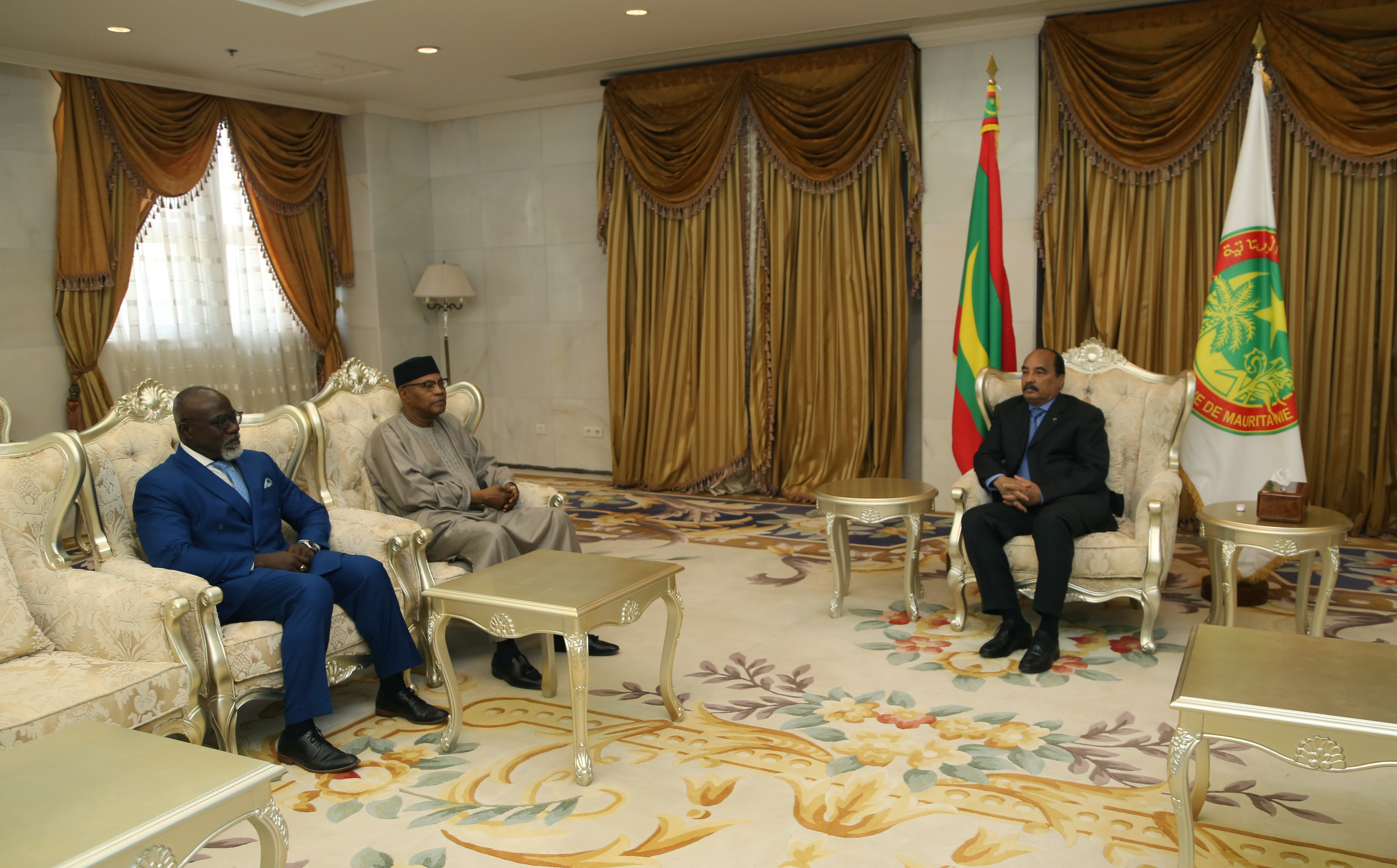
In Central Asia, the regional center for preventive diplomacy, UNRCCA, continues to engage with the five Central Asian Countries — and increasingly with Afghanistan — to reinforce regional capacities in preventive diplomacy and support efforts towards greater regional cooperation and stability. In this regard, UNRCCA revitalized its work to facilitate regional cooperation on transboundary water management, in close collaboration with the International Fund for Saving the Aral Sea.
Women, Peace and Security
Special political missions continued to champion and support the effective implementation of the women, peace and security agenda. Ms. DiCarlo issued a new Women, Peace and Security Policy in the Department of Political and Peacebuilding Affairs (DPPA), which she heads, to ensure that gender-sensitive analysis is systematically integrated into all the Department’s work. It also aims to better align our support to women’s meaningful political participation in peacemaking contexts around the world. Special political missions are increasingly integrating gender perspectives into the implementation of their mandates. Among other efforts, women’s advisory boards have been established to advise the UN envoys on Syria, Yemen and Iraq.
In Guinea-Bissau, meanwhile, UNIOGBIS provided technical and financial support to the advocacy efforts of women’s organizations. These efforts were instrumental in the adoption in August of the Parity Law on the Participation of Women in Politics and Decision-making Spheres.
In Afghanistan, the United Nations Assistance Mission in Afghanistan (UNAMA) and UN Women held a series of nationwide dialogues around women, peace and security. The dialogues reflected on opportunities and challenges for the meaningful participation of women in peace processes. These platforms provided an opportunity to hear women’s concerns and priorities, and to amplify their voices.
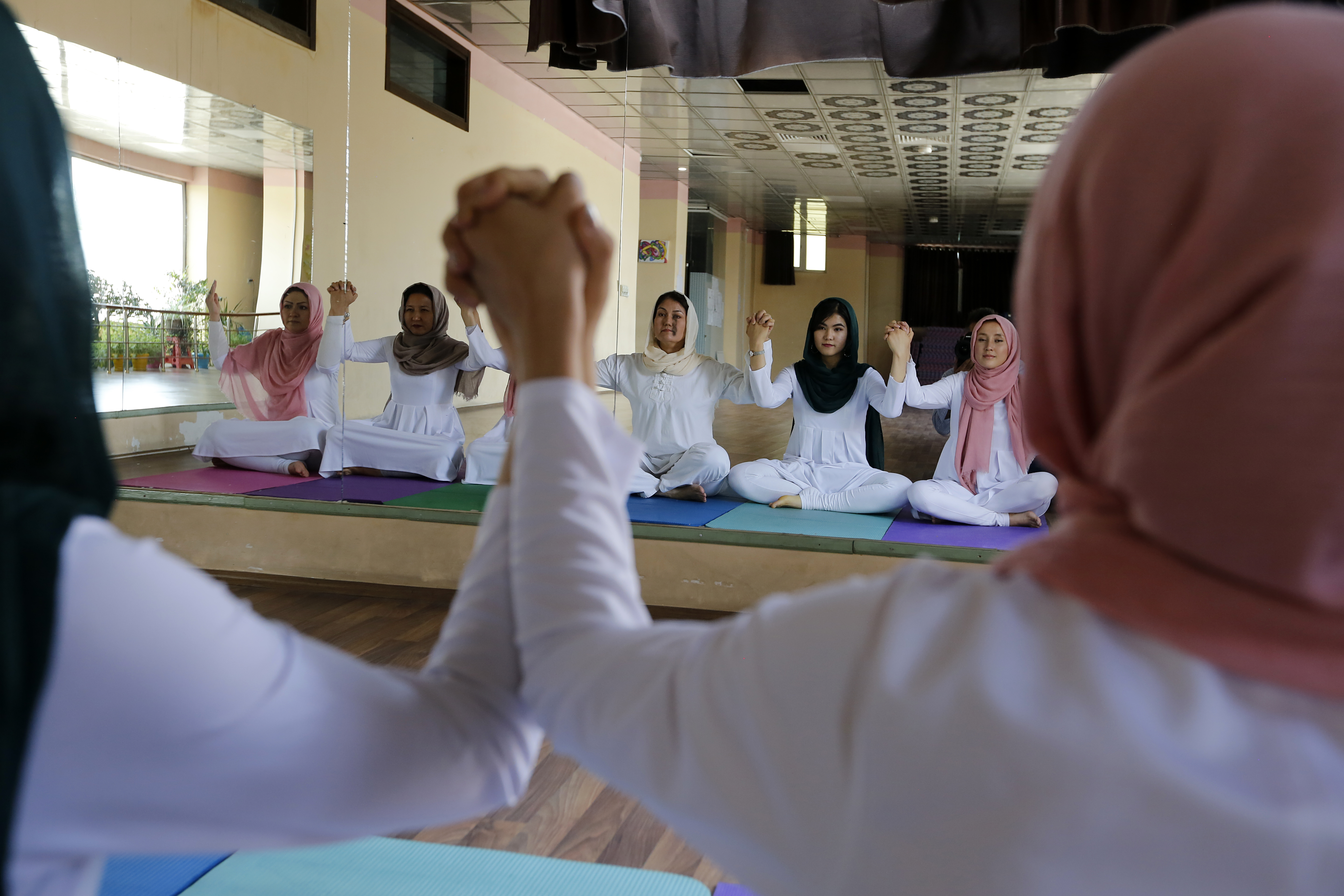
Since 2015, the UN Peacebuilding Fund has exceeded the Secretary-General’s 15 per cent target for gender-responsive peacebuilding. Last year, 40 per cent of its funding was allocated towards gender equality and women’s empowerment.
DPPA is prioritizing the use of donor funds for initiatives to promote women’s participation, including in the Great Lakes region of Africa, Colombia and Iraq.
Youth, Peace and Security
Special political missions have been actively engaging youth in different aspects of their work, including through building their capacities and supporting their participation in peace processes.
In Central Asia, UNRCCA launched the “Preventive Diplomacy Academy”, an initiative to increase cooperation and trust between communities in border areas throughout Central Asia and Afghanistan. The Academy hopes to foster a culture of mutual understanding and mitigate conflict risks.
In Colombia, as part of the United Nations Verification Mission’s strategy to advance youth, peace and security, a network of youth focal points was established across the mission’s regional and subregional offices. The aim is to integrate youth perspectives into the Mission’s verification and liaison activities.
